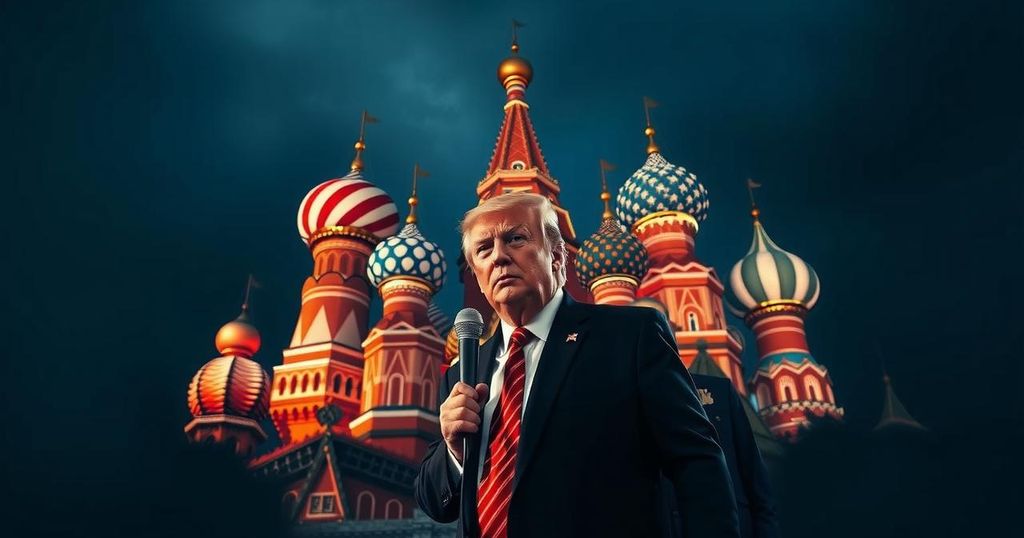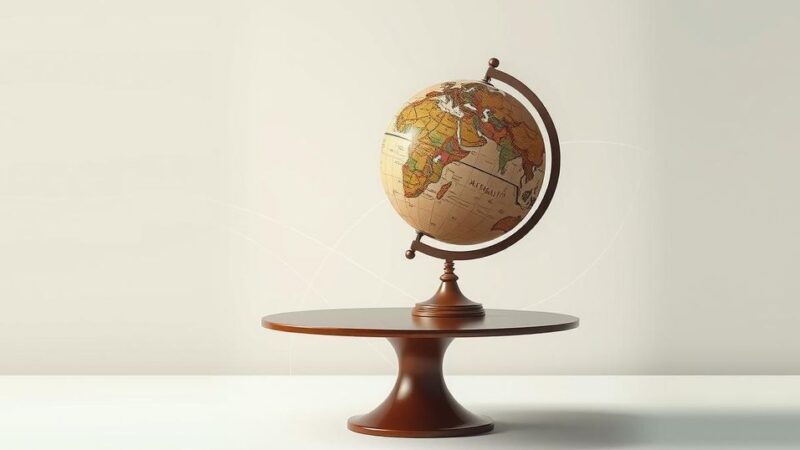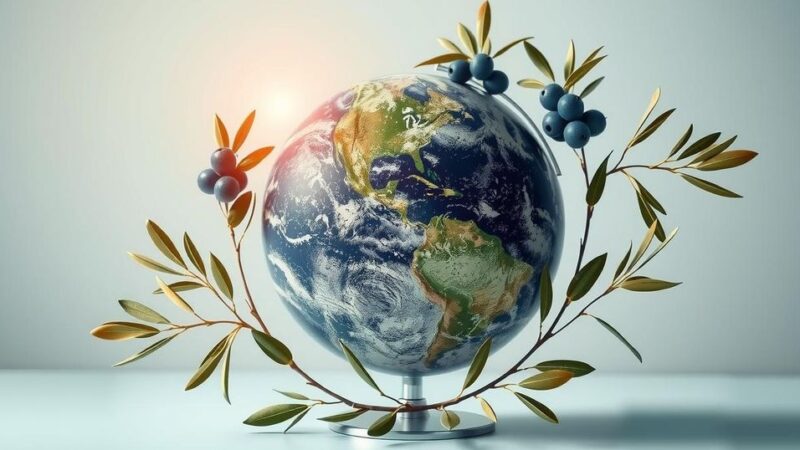Moscow’s outlook on Donald Trump’s potential second presidential term has shifted from initial celebration in 2016 to cautious skepticism. While many Russians once hoped for improved relations and reduced sanctions, past policies have caused disillusionment. President Putin’s unusual support for Kamala Harris, likely seen as humor, contrasts with Trump’s favorable rhetoric for Kremlin interests. Public opinion is mixed, with some viewing America as an enemy while others advocate for friendship. The geopolitical ramifications of the upcoming election remain significant, especially amidst the war in Ukraine.
In light of the upcoming U.S. presidential elections, Moscow’s enthusiasm about a potential second term for Donald Trump has transformed into a cautious approach. Reflecting on Trump’s initial victory in 2016, Russian ultranationalist politician Vladimir Zhirinovsky exhibited immense excitement, exemplified by purchasing 132 bottles of champagne to celebrate the presumed shift in U.S.-Russia relations. Many in Russia shared this optimism, believing Trump would alleviate sanctions and perhaps even recognize Crimea as part of Russia. Konstantin Remchukov, editor-in-chief of Nezavisimaya Gazeta, noted the initial appeal of Trump’s non-interference in human rights discussions regarding Russia. However, disillusionment soon followed as Trump introduced substantial sanctions against Russia, leading to disappointment in his foreign policy outcomes by the end of his term. Unlike the past, Moscow now exhibits tempered expectations regarding a possible Trump sophomore term. President Vladimir Putin has reportedly supported the Democratic candidate, Kamala Harris, albeit in a facetious manner that reflects the Kremlin’s sardonic humor. While Harris has acknowledged the strategic importance of supporting Ukraine, Trump’s remarks, which often criticize U.S. aid to Ukraine and downplay the consequences of Russia’s aggression, resonate more favorably with the Kremlin. There is speculation regarding a potential polarized election scenario, which may lead to chaos in the United States. Such unrest might distract American focus from international affairs, including the ongoing war in Ukraine. The deterioration of U.S.-Russian relations, exacerbated under successive presidencies, has diminished radical optimism in Moscow as evidenced by reactions from public figures and media. Public sentiment regarding the U.S. election remains mixed among Russians, with some expressing deep-seated animosity toward America, perceiving it as a historical adversary, while others advocate for peace and friendship between the nations. Many respondents expressed hope for changes in leadership style, speculating about a female president. As the U.S. approaches its election on November 5, the global repercussions of the outcome remain a topic of keen observation.
The article examines the evolving perception in Moscow about a potential second term for Donald Trump as President of the United States. It juxtaposes the initial optimism felt during Trump’s first presidential victory in 2016 with the current cautious stance taken by Russian officials and the public. Historical context is provided through references to previous U.S.-Russia relations, highlighting how they’ve shifted over decades and the repercussions of recent military conflicts. The piece also explores the broader implications of the U.S. political climate on international affairs, particularly in relation to the war in Ukraine.
In conclusion, the current sentiment in Moscow towards a possible second term for Donald Trump is marked by caution rather than exuberance. This shift reflects a broader understanding of the complexities in U.S.-Russia relations, underscored by Trump’s previous administration’s policies. The outcome of the forthcoming presidential election is likely to have significant implications on international dynamics, especially considering the ongoing conflict in Ukraine and the geopolitical balance.
Original Source: www.bbc.com






